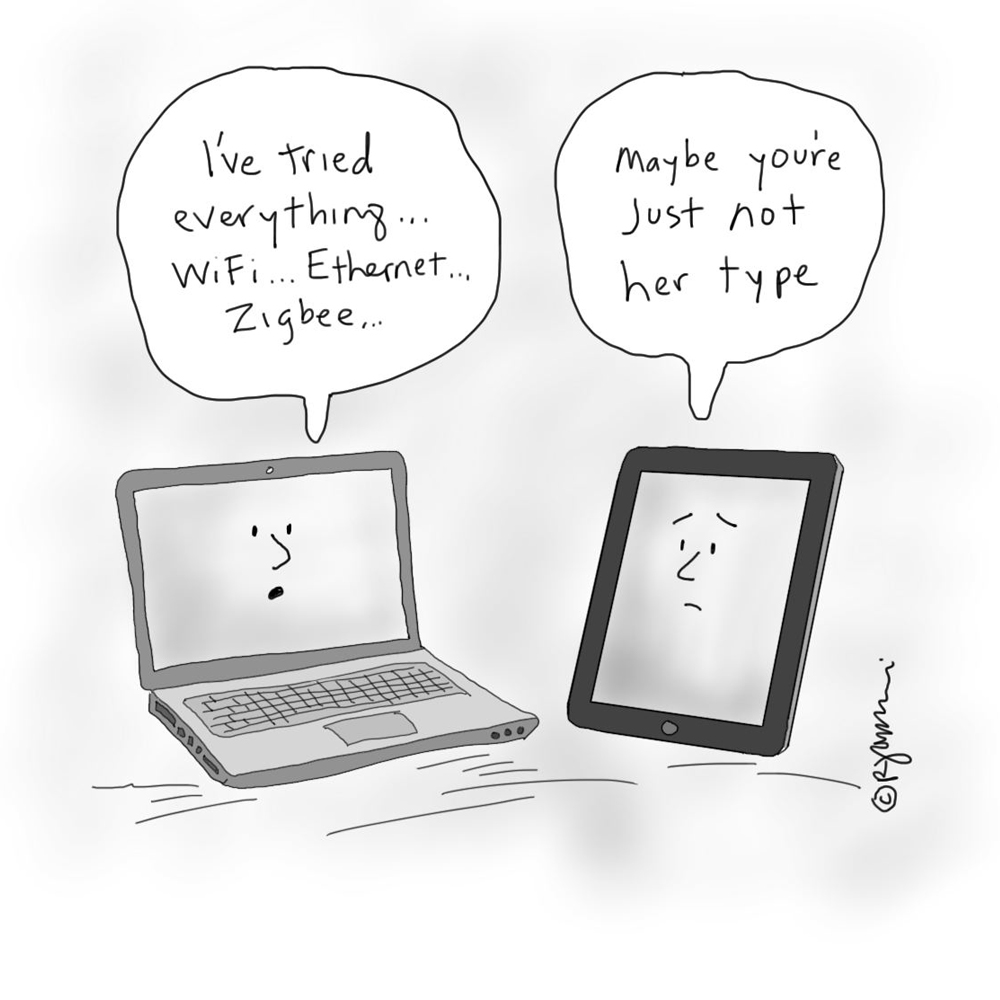August 2016 | Volume 6, Issue 3 | IEEE 802 & Smart Technologies |
Evolution of Ethernet Standards in IEEE 802.3 Working Group
Abstract: Ethernet is constantly evolving, adapting to the needs of the networking world and addressing the requirements of both operators and end-users, while making sure that the resulting technology is cost-efficient, reliable, and operates in a plug and play manner. The IEEE 802.3 Working Group has ...
Featured Articles
Featured Video: The 2015 Ethernet Roadmap Animated Video
The 2015 Ethernet Roadmap Animated Video
A video explaining the Ethernet speeds.
The 2015 Ethernet Roadmap Animated Video
Produced by Ethernet Alliance
Published on the Ethernet Alliance website at http://www.ethernetalliance.org/the-2015-ethernet-roadmap-2/

Letter from the Editor
Ethernet, the Networking Standard: More Mature, More Powerful
Where the whole world is going with Ethernet
Many people, especially technology historians, often ponder “Where would the world be without Ethernet?” Now, such a rhetorical question typically has no answer because you cannot rewind time, remove Ethernet from being invented, and let time fast forward to the present day. However, we have many active contributors amongst us who have been part of that history as it has evolved over the past 30 years. The Evolution of Ethernet Standards in 802.3 Working Group covers great details on the history of not just Ethernet standards development, but many dot standards that have led to support of wide-ranging applications. For me, just the first sentence captures the past, the present, and the future that I’d like to know more about: Ethernet is constantly evolving, adapting to the needs of the networking world, addressing the requirements of both operators and end-users, while making sure that the resulting technology is cost-efficient, reliable, and operates in a plug and play manner. (more…)Student Application Papers
Student application papers applying industry standards are papers submitted by students, or their faculty mentors on their behalf, in which an industry technical standard(s) was applied (analyzed and implemented). Each paper highlights specific design choices in the application of various technical standards and describes the resulting product, process, or service.
This month we are featuring the winning paper from the 2016 IEEE 802 Student Paper Competition. Click on the title to view the full paper.
History and implementation of the IEEE 802 security architecture (PDF, 402 KB), By Meareg Abreha, Department of Computer Science, Addis Ababa University, Addis Ababa, Ethiopia
Funny Pages

Call For IEEE Standards Education eMagazine Contributions
The IEEE Standards Education eZine Editorial Board invites contributions from industry practitioners, educators and students on topics related to education about technical standards. Interested parties may submit an inquiry or article abstract for consideration to the Editorial Board at any time throughout the year via email to: ezine-eb@listserv.ieee.org. Abstracts should be no longer than 500 words and final articles should be no more than 2,000 words.
Particular areas of interest include, but are not limited to:
- impact and development of standards in various regions of the world;
- reliance by employers on complying with standards for introducing their products to the marketplace
- best practices and ideas for incorporating standards into the classroom and curricula




